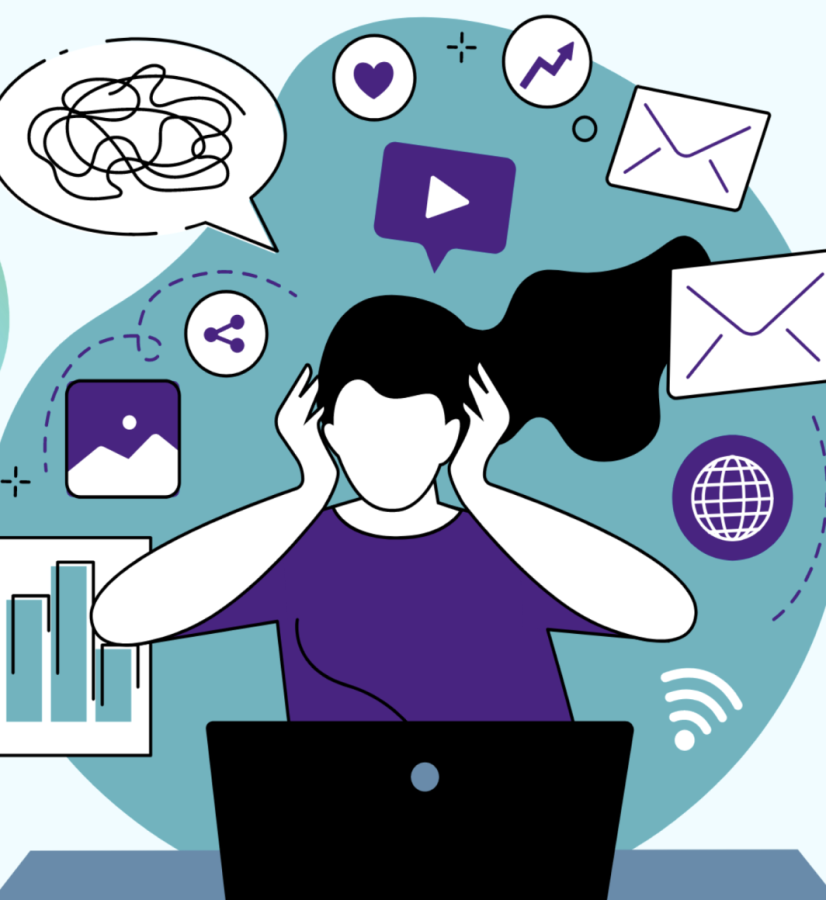The field of psychiatry is complex and vast, which is expected considering the matter at hand. While it is only defined as the field studying mental illnesses/disorders and the treatment and diagnosis of such, psychiatry is deeply involved with the brain and its functions, especially when it comes to treatment and diagnosis. As a profession that is used to categorize brain structure, function, and disorder, it becomes incredibly difficult to parse out and get right.
One important facet of a psychiatrist’s job is to treat or ease a patient’s mental illness(es). There are many diverse ways to assist someone in managing a mental illness/disorder, such as multiple types of therapy, medication, and hospitalization. In this article, I would like to focus on the method of medication, specifically antipsychotics.
Antipsychotics are primarily defined by their ability to block the actions of dopamine, a neurotransmitter and hormone. Dopamine is a part of the brain’s reward-motivation system, and when transmitted, creates feelings of happiness or pleasure. In people whose receptors and transmitters are disordered, dopamine has to be blocked so they can be calmed down and stable. For example; extreme anxiety can be calmed by antipsychotics because it can be a result of messages between nerve cells and neurotransmitters getting mixed up. Therefore, by essentially muffling the messages, antipsychotics can reduce the feeling of anxiety. Thus, these drugs are generally used to treat things like psychosis, anxiety, mania, and similar conditions.
There are two main categories of antipsychotics: typical, and atypical, also known as first generation and second generation. Atypical antipsychotics are more recent and have fewer side effects than typical antipsychotics. As a result, atypical antipsychotics are more commonly prescribed to patients. In fact, in most places, antipsychotics must be prescribed, and can’t be bought over-the-counter.
My personal experience with antipsychotic medication has ranged from mediocre to awful, whether that is due to the medication itself or its subsequent side effects. Even if a person is actively trying to get better, the journey of improving one’s mental health and wellbeing is not a linear or easy one. Finding the right medication or therapist or method of therapy can just be a game of trial and error, because while a psychiatrist can guess and research and narrow down the selection, there is ultimately no guarantee on anything, not even that the treatment will make one feel better. In fact, there’s always a chance that the medication can make things worse. However, what’s important is that one strives to be better, to work towards a better goal.




